This Woman Is Recovering From A Shopping Addiction And Sharing Her Process On TikTok, And Her Honesty Is Incredible
Lana Saint Clair (@lanasaintclair) is a 24-year-old from San Antonio, Texas, who's using her social media platform to raise awareness about a problem that's truly not talked about enough: shopping addiction.
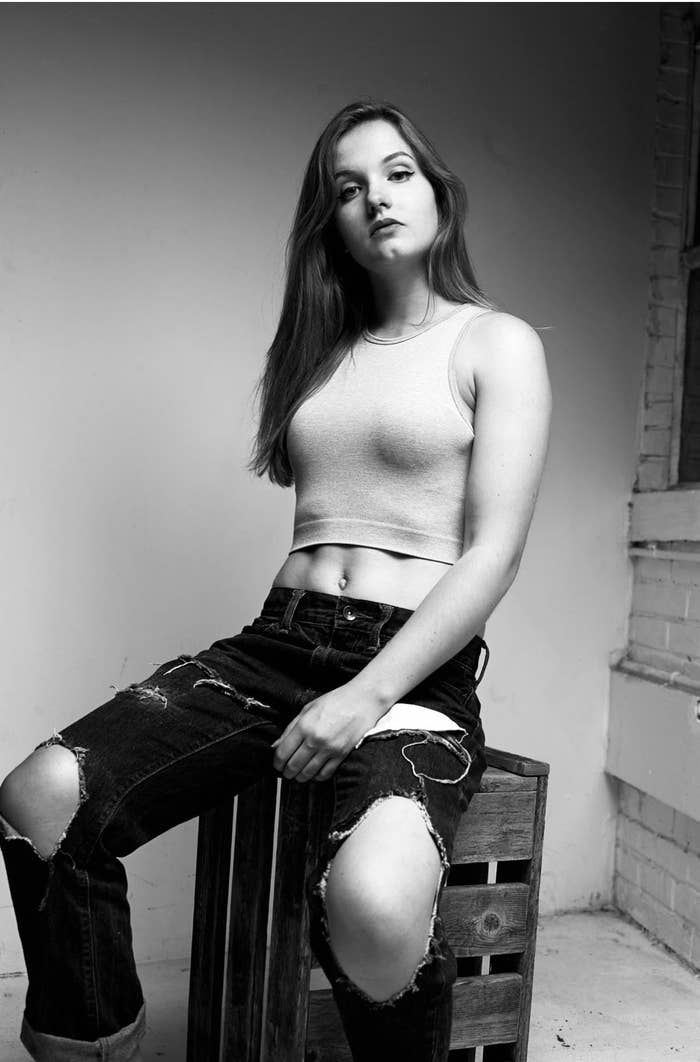
In videos that have been viewed millions of times, Lana opens up about when she realized she had a problem, how she handles shopping now when she needs to buy something, and what she's doing with the 500 pounds of clothes she hoarded in the height of her addiction.
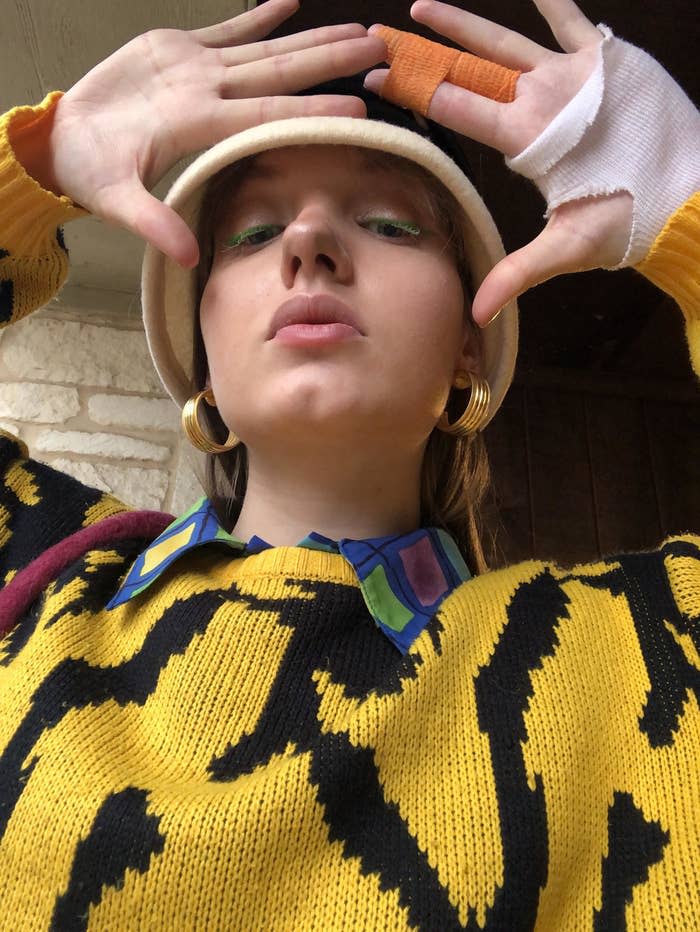
In her popular series "What I'm Donating and Why," Lana sorts through the clothes she bought piece by piece, explaining why she's keeping or discarding each one. Some things she chooses to get rid of because they just don't fit, while others have more emotional associations that she's choosing to release.
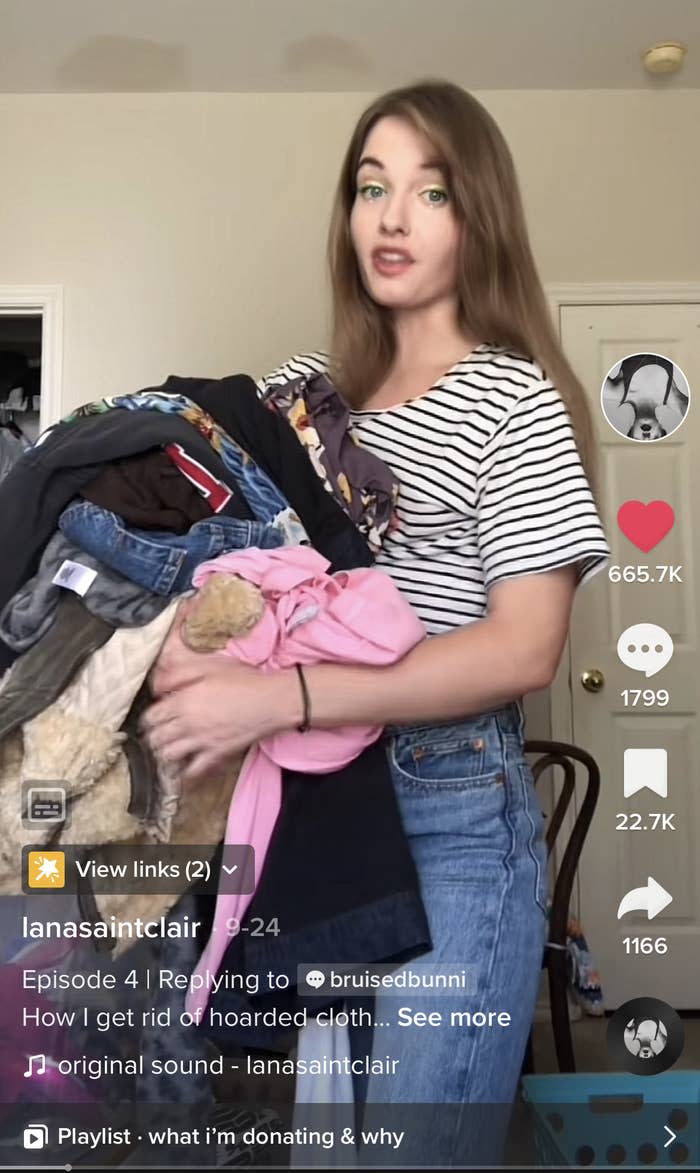
She explains her process, saying, "My hoarders out there. When you get rid of an item. I think it's very important to kind of mourn and honor the item you're getting rid of — take a photo of it, take a video of it, and then let it go."
In another video, she explains, "I'm a recovering shopping addict, and I'm about to go shopping. Now, unlike many abstinence-based addictions such as alcoholism, shopping is something that cannot be avoided when you live in a predominantly capitalistic society. To me, sounds like I'm justifying my behavior, but in reality, I need to develop a more healthy stance toward the act of shopping."
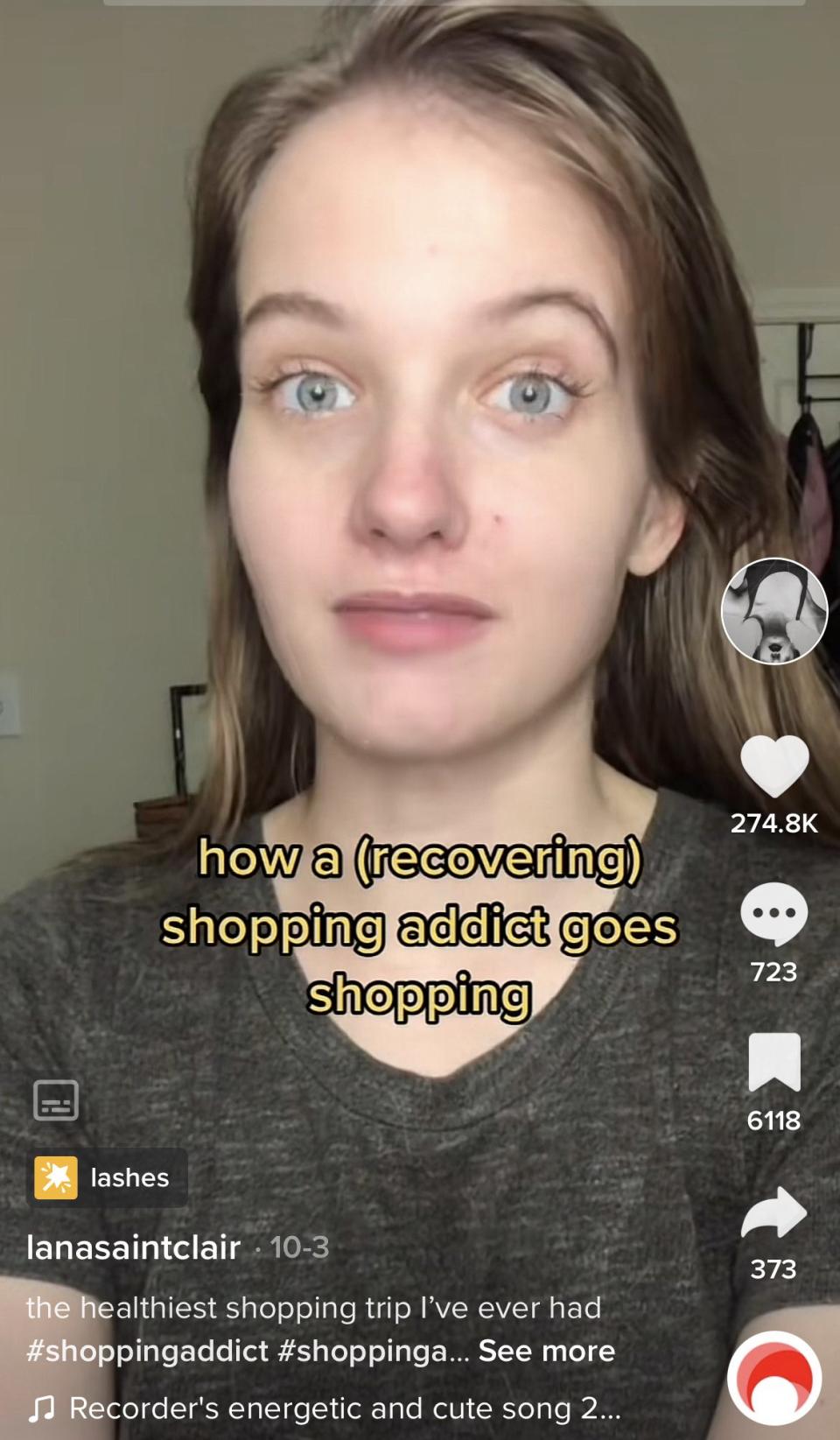
"At the height of my shopping addiction, I would go to the store in my crusty pajamas because I wanted to shop way more than I wanted to do anything else. So, today's goal is just to be clean and presentable, not for anybody else, but for me. In order to avoid overspending, I only go shopping when I absolutely need something."
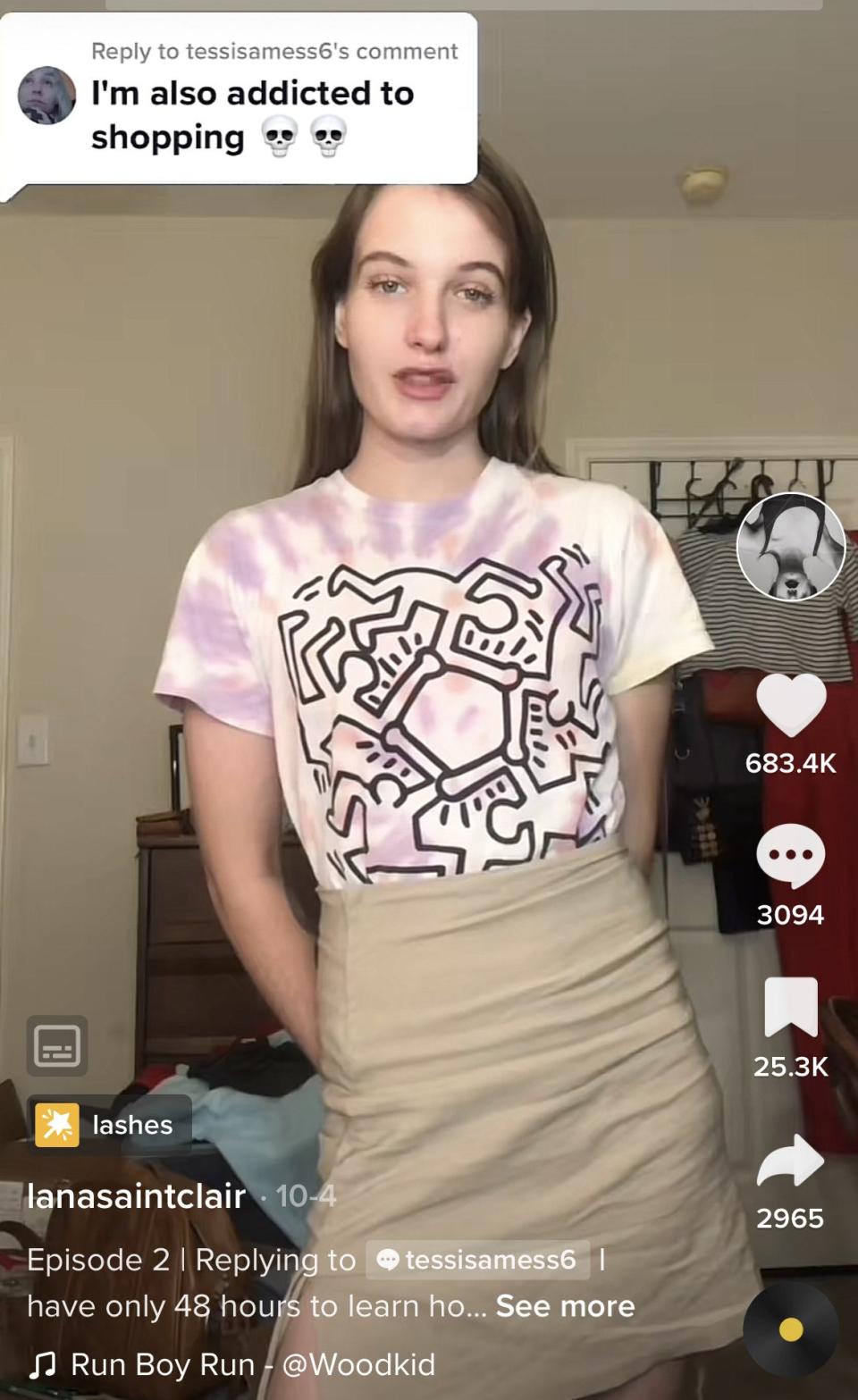
Lana says, "Because I'm an addict who's about to do something they are addicted to, my heart is already beating faster, and I'm getting feelings of obsession, feelings of excitement." And she shares how she handles those feelings in the moment, saying, "In order to keep my mental illness at bay, I will be drinking something without caffeine, taking some deep breaths."
And in the comments, people are sending Lana messages of encouragement and sharing that they can relate to her experiences:
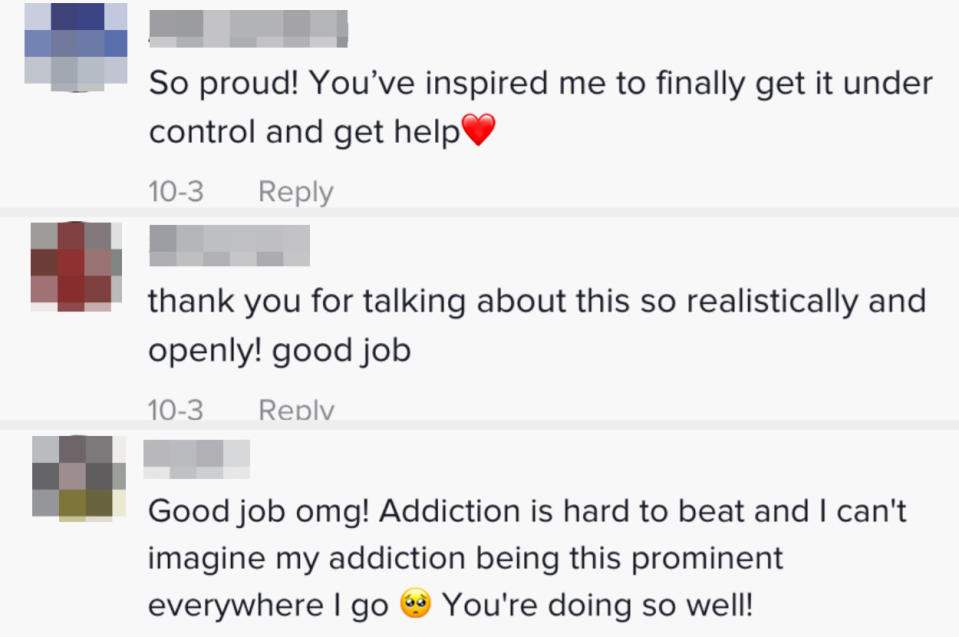
To learn more about shopping addiction, I reached out to accredited financial counselor Carrie Rattle. Rattle is the CEO of Behavioral Cents, and she's worked extensively with clients who struggle with compulsive shopping.
Rattle says, "Over-shopping for years has alternated between being described as a compulsive disorder or an addiction. Shopping becomes a coping mechanism for emotions they just can't bear, and ultimately, when someone shops so much that they are hurting themselves in some way while being unable to stop, they have reached the stage of a behavioral addiction."
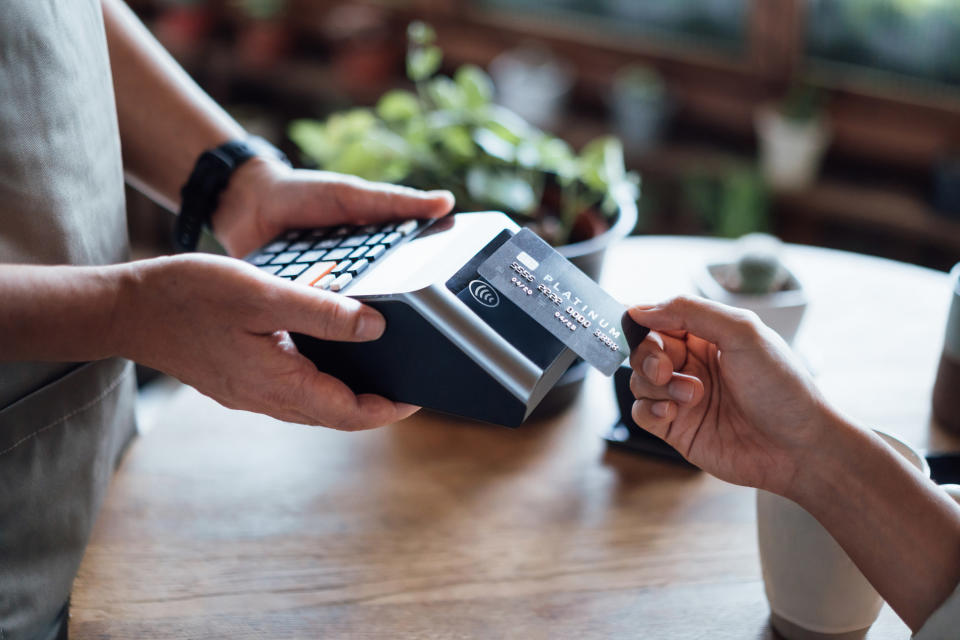
And she says that this kind of shopping behavior can be harmful even if people aren't going into debt. "Harm does not have to occur financially — about half of my clients have no debt. Harm can be exhibited in other ways such as:"
"* Strained relationships when an over-shopper spends hours browsing and shopping while neglecting their family
* Family frustration when so many boxes arrive that the household becomes cluttered
* Loss of self-respect in a shopper because they know they should stop but just can't
* Decreased social connection as more and more hours are spent in the black hole of browsing and buying
* Sometimes, financial infidelity when they hide credit card debt
* Savings are diverted from life goals to fund the need for instant gratification."
So, what are some signs that your shopping behavior is becoming a problem? Rattle shared a list of red flags, including shopping triggering feelings of euphoria followed by anxiety, feelings of shame and embarrassment after shopping, shopping causing interpersonal conflicts, and items being bought but never worn.

Rattle says that she helps clients overcome this addiction with a two-part process. "1. Putting a PAUSE between the urge and action 2. Helping a client fill their emotional needs in other ways than shopping. I refer to it as 'Filling Their Well.' Helping a shopping addict involves building money mindfulness, creating awareness of their triggers and needs, using their strengths, and finding healthier alternatives."

Lana told BuzzFeed, "I realized I had a shopping addiction when I couldn’t see the floor of my bedroom and living room due to the amount of clothing I would buy and bring home."
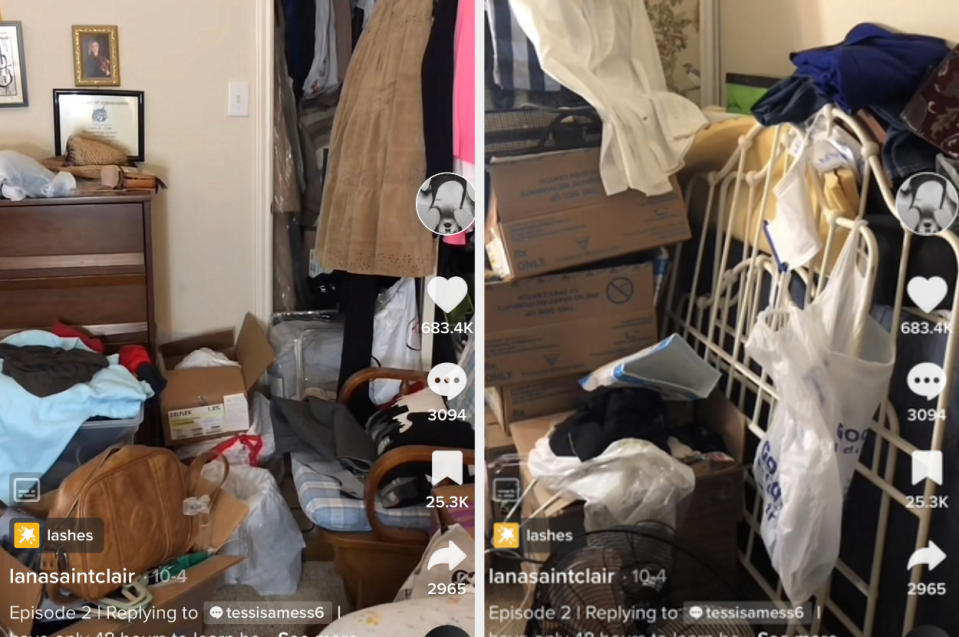
And she says that she runs into the common misconception that shopping addiction isn't very serious compared to other forms of addiction. "While a shopping addiction doesn’t pose lethal dangers such as alcohol poisoning and/or OD, it can certainly drain you of all your assets, damage your relationships, and hijack your dopamine circuits. Additionally, it can lead to hoarding, which poses further financial and health risks."
Finally, Lana has a message for anyone who sees a bit of themselves in her story. "I know that it’s really tough to be in a position where buying something is the only way you feel happy. It can feel like there is always a void that needs to be filled. Once you realize it, it doesn’t fix the problem either — it can leave you with an overwhelming sense of dread and anxiety."


